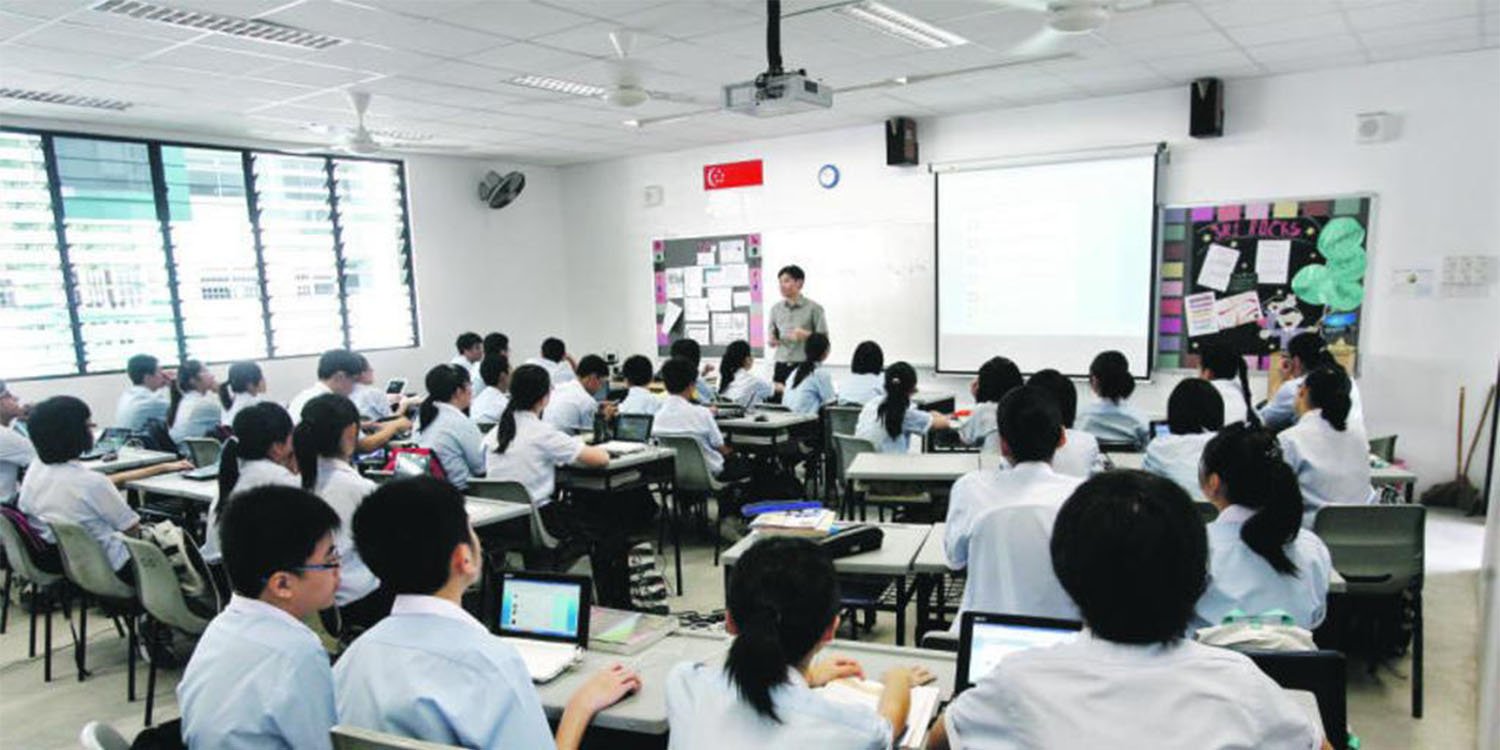Meritocracy In Singapore
This piece is part of MS Speaks, a segment in which MS News reporters share their honest views on current affairs and trending topics.
Since the early days of Singapore’s independence, the political leaders of PAP have long advocated a meritocratic approach.
Mr Lee Kuan Yew once infamously remarked in 1971 that the top leaders of Singapore rose to the top “by their own merit, hard work and high performance.
He elaborated,
Together they are a closely-knit and co-ordinated hard core. If all the 300 were to crash in one jumbo jet, then Singapore will disintegrate.
Yet criticisms of Singaporean meritocracy today, are common from academia to popular culture.
Why is meritocracy so difficult to get right? Before we answer that question, we need to flesh out exactly what meritocracy entails.
What is meritocracy?
Meritocracy is the philosophy that claims people should be rewarded based on their efforts and achievements, rather than Socio-Economic Status (SES), race or gender.
In other words, people ought to get the things that they deserve.
Most people would intuitively agree with such a statement. Who would object to the notion that a person deserves to be rewarded according to his pain and effort?
Why is meritocracy so hard to implement?
But meritocracy is based on a presumption that someone is in a position to be able to judge and decide a person’s rewards based on their effort.
It is easy for us to say that someone who lived the rag-to-riches story is far more meritorious than the present-day CEO who enjoyed inherited wealth as a child of a billionaire.
But it is not so obvious who is more meritorious when we look at two persons coming from the same SES background making subtly different choices in life.
The story of Russell and Chris
Consider an example involving two individuals, Russell and Chris. Through no fault of their own, both are thrown into unemployment because of an economic recession.
Chris is determined to get back on his feet and promptly sends out job applications, eventually settling for a lower paying job. Russell, on the other hand, decides to take it easy. He will only go back to work if he finds a job that matches his previous salary.
Most would agree that Chris’s behaviour here is more praiseworthy.
But suppose Chris was more pressured to find a job because he splurged his savings on a reckless gambling habit. He had also been living from paycheck to paycheck due to an employment history of jumping in between jobs.
Russell however, was able to take a break because he had been consistently diligent in his career and had enough savings to tide him over the hard times.
In light of this, Russell would appear to be the more meritorious person.
The purpose of this thought experiment is to show that in a true meritocracy, the system has to take into account background factors. In deciding who should come out on top in a meritocratic system, we must determine why a person makes a personal choice within the context of why it was made.
Meritocracy in Singapore’s education
Most of us think that a sensible reform to our meritocratic system is to expand ‘merit’ outside the scope of academic excellence to artistic pursuits.
But it is not clear to me that such a system would be fairer.
Even within the arts, there are endless categories that we can judge artistic merit on. Music and film could be emphasised over literature, disadvantaging artistic children who have an inclination to the written word.
Or more mainstream genres such as drama and romance could be prioritised over abstract and avant-garde themes.
The same problems apply in academics. For example, a final math exam that emphasises algebra over geometry, or an English test that stresses vocabulary over writing skills, will play to different student’s advantages accordingly.
The common criticism in Singapore that only richer families can afford to send their children for tuition to get ahead in the education system is based on the same reasoning.
We know that is not necessarily true that top-scorers are more ‘meritorious’ because they have enjoyed educational advantages.
The difficulty of making a meritocracy fair
This is why a fair meritocracy is notoriously difficult to implement.
However the government defines meritocracy – academic excellence, artistic talent or professional business expertise – it will always benefit some at the expense of others. This is because all of us have different talents and weaknesses.
To the government’s credit, there has been a slew of policies that have tried to level the playing field such as the HDB racial quota and subsidies for early schooling. The racial quota ensures that Singaporean children grow up in an social environment that is socioculturally similar, while school subsidies help the economically disadvantaged to obtain basic education.
But the fact remains that a meritocracy is fiendishly difficult – if not impossible – to put into practice because what counts as merit is very subjective. Outsiders often have no knowledge of the contextual circumstances involved in passing judgement.
Perhaps we should stop trying to define merit as if there is a set of objective standards we could all agree on.
Instead of thinking how best we can award merit, we should focus on policy solutions that best helps to improve the economic conditions of the disadvantaged in society.
Featured image from Unscrambled.







